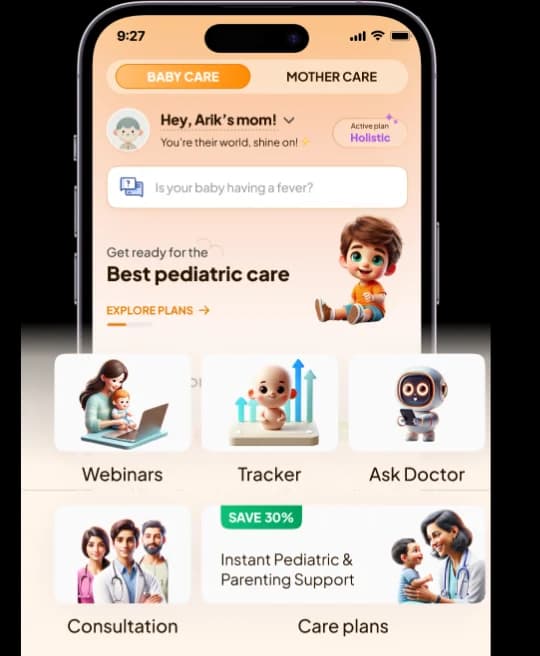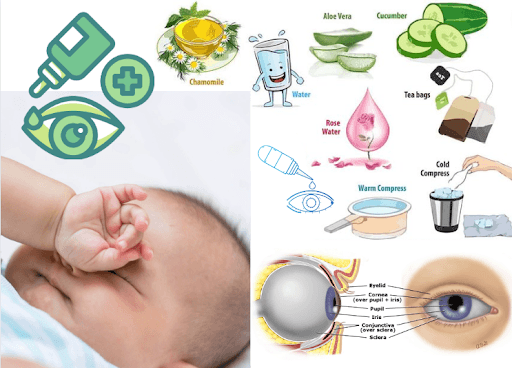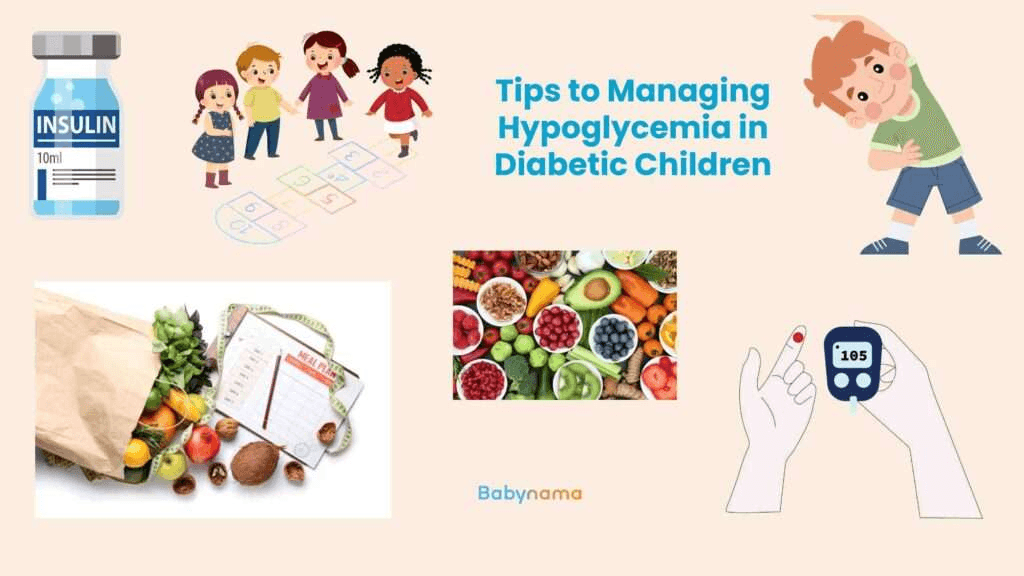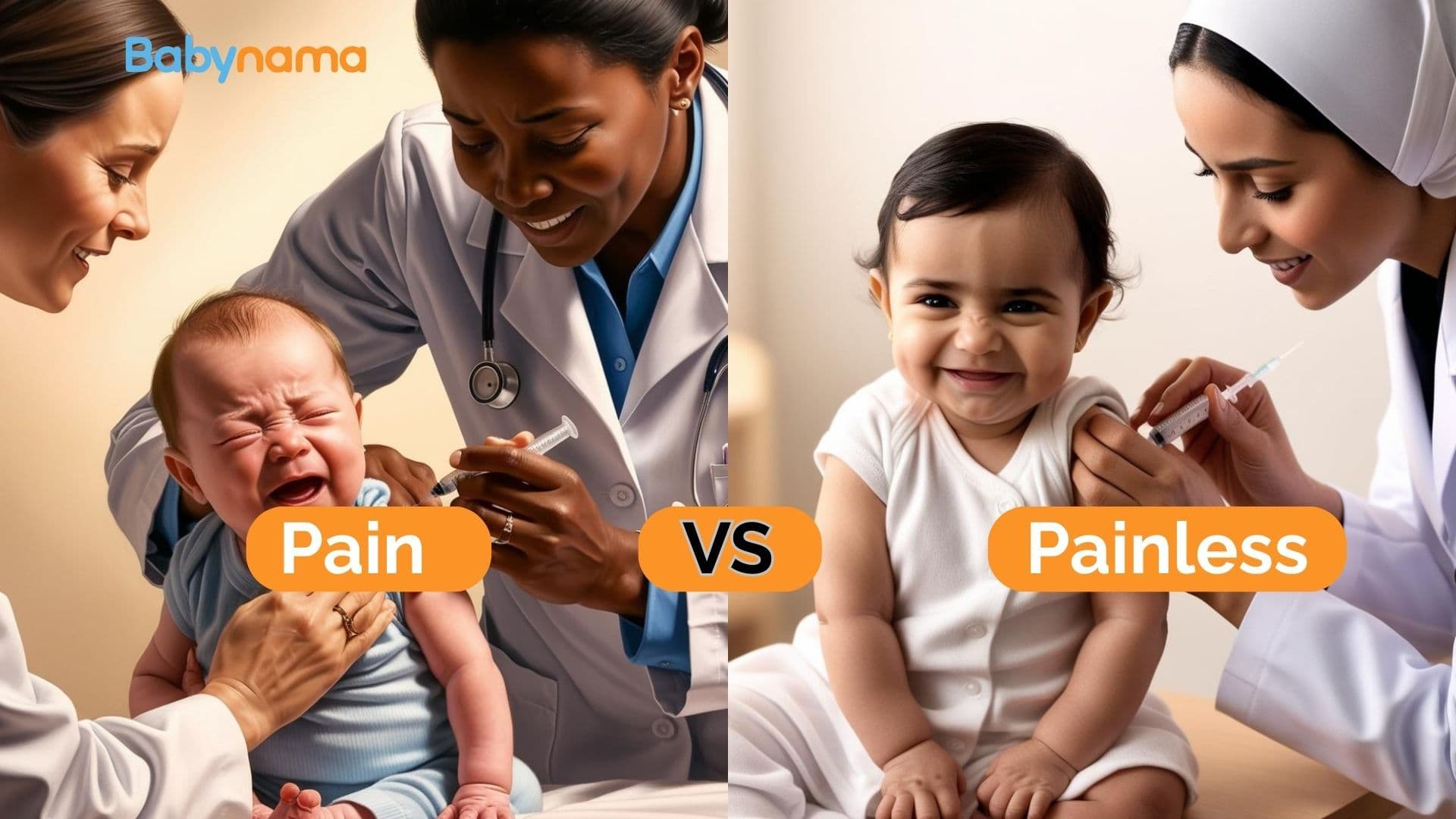
**Did you know that people with Tourette’s disorder sometimes blurt out rude words, insult other people, or make rude movements or gestures? **
They are not to be faulted for these noises and motions since they are beyond their control. When parents, classmates, or instructors punish their children for having tics, they are just doing more harm than good since it lowers their self-esteem and elevates their anxiety.
For a better understanding, let’s examine the general function or difficulties of children with TS.
What Is Tourette Syndrome (TS)?
Tourette syndrome is a childhood-onset movement disease. It produces repetitive twitches, motions, or noises that are difficult or impossible to control. These are known as tics. Multiple tics may occur simultaneously, but they may not necessarily occur together.
There is a common misconception that people with Tourette syndrome make crude jokes or use vulgarity in the media. However, only a tiny percentage of Tourette’s syndrome patients have this symptom.
Risk Factors for Tourette Syndrome
- TS often develops in children between the ages of 5 and 10
- TS is more prevalent in males than females
- Tourette’s syndrome seems to run in families, so genetics may play a role
Symptoms of Tourette Syndrome
- Primary symptom: tics, fast, repetitive motions or noises that occur for no apparent reason
- Tics may occur in different parts of the body
- Vocal tics may also be present
- Many children and adolescents with TS often have attention challenges and some also struggle academically
Diagnosis of Tourette Syndrome
- No laboratory test for TS diagnosis
- Physician may conduct an examination or administer tests to rule out alternative causes of the symptoms
- Criteria for someone to be classified as having TS include having both motor and verbal tics that occur often or sometimes for at least one year





